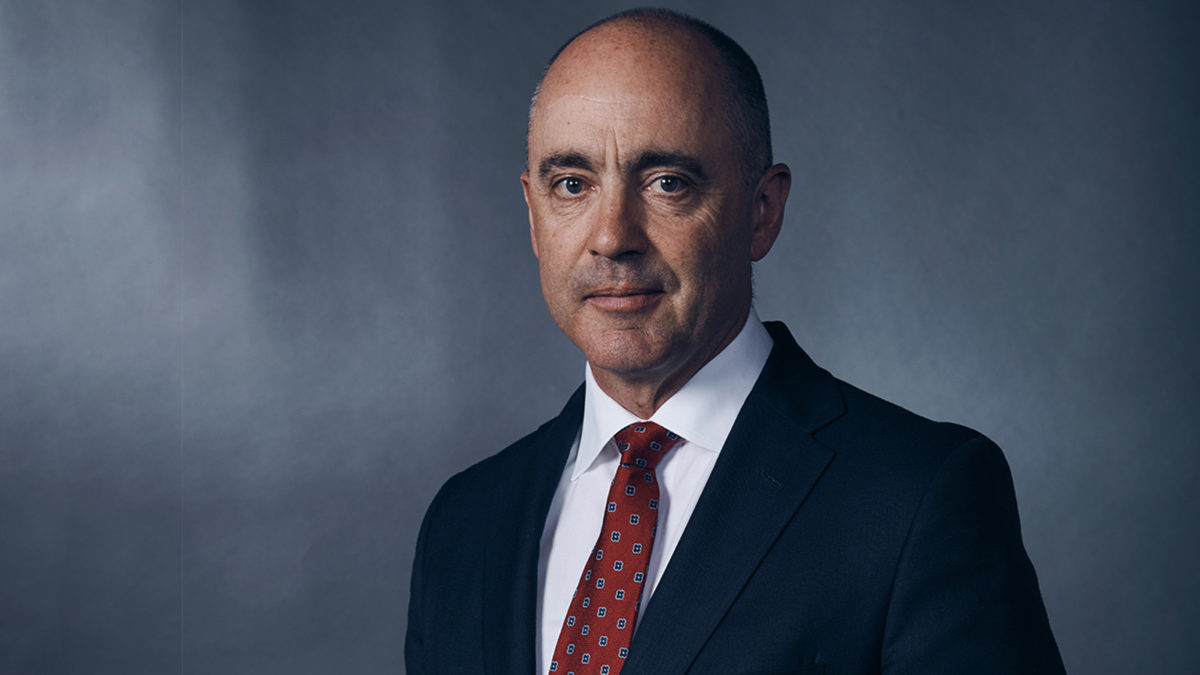Funds cast a cautious eye over ESG performance as YFYS bites
The localised results of Schroder’s Institutional Investor Study, released this week, show that Australian institutional investors are even more concerned about the performance of sustainable investing than their global peers. Indeed, some 64 per cent of Australian respondents nominated “performance concerns” as one of the key challenges to sustainable investing – broadly in line with the APAC region (61 per cent), but substantially higher than the rest of the world (53 per cent).
“The volatile investment climate, with an uncertain geopolitical and macro-economic backdrop, has had some near-term performance implications for some sustainability themes such as alternative energy, or ESG funds that are skewed towards sectors like technology,” the study says.
“These findings highlight the importance for investors to understand how the risk-return profile for different sustainable investing approaches can vary, and the case for long-term performance and risk mitigation that underpins ESG integration.”
Institutional investors have fretted for years that managing capital for the long-term inevitably comes with short-term performance trade-offs, but the strictures of YFYS are likely contributing to the higher level of concern around sustainable investment performance in Australia. Public or government superannuation funds accounted for 39 per cent of local respondents, while superannuation funds generally accounted for 29 per cent.
This year’s wild market gyrations have highlighted a key deficiency in the YFYS reforms that was identified as far back as their announcement: the tracking error that funds would take on by deviating from APRA’s chosen listed indices through exclusion of certain securities.
With fossil fuels outperforming by a significant margin through the start of 2022, funds that sought to exclude pollutive industries have likely suffered as a result, while those that haven’t shied away from energy – including the likes of Hostplus – are among the year’s top performers (though large allocations to private markets did most of the heavy lifting).
Around 16 per cent of global investors and 21 per cent of APAC investors found sustainable investing “very challenging” in 2022; that number is even higher in Australia, where 26 per cent of respondents said it was “very challenging” compared to a scant three per cent saying the same just last year. Here Schroders lays the blame squarely at the feet of YFYS, along with “the scale and increased speed of change” in the sustainable investing landscape.
But while regulatory and industry pressure remain a key influence on the adoption of sustainable investment principles (50 per cent) the desire to better align portfolios to corporate values while at the same time positively impacting society and the planet have “jumped ahead’ as the two leading reasons for adoption of sustainable investments in the 2022 survey.
“In fact, over half (56 per cent) of Australian public or government superannuation funds cite regulatory and industry pressure as a driver for sustainable investing, with almost two-thirds (67 per cent) saying aligning to corporate and internal values is a driver for them. In comparison, Australian superannuation funds are more likely to say making a positive impact is a driver (60%), as is risk management (55 per cent).
In the survey’s global results, questions of ESG and sustainability performance are also bundled up in worries about the wider return environment. Inflation, rising interest rates, and geopolitical tension are all contributing to a level of concern for portfolios over the next 12 months that has “not been recorded before” by the survey. While institutional investors aren’t fretting climate change too much in the near term, the number of respondents who list it as a factor influencing portfolio performance has risen 10 per cent over the last year (21 per cent in 2021 to 31 per cent in 2022).
And though fears of a global economic slowdown are now substantially lower than they were in 2020, this gloomy environment has contributed to a moderation of return expectations for the next five years, which have deteriorated slightly worldwide. Fewer investors anticipate that the return on their total portfolio will be above six per cent (42 per cent in 2022 to 47 per cent in 2021), while the number of investors estimating four per cent returns or less increased from 17 per cent to 27 per cent this year.
“The misalignment between policy settings, economic outcomes and asset prices continues to influence markets, creating a challenging investment environment,” said Simon Doyle, Schroders CIO and head of multi-asset for Australia (photo at top). “The study showed that for investors, rising interest rates, inflation and the threat of global conflict, were key sources of concern.”
“The survey results show that institutional investors have reduced their allocations to equities, which is consistent with our own portfolio positioning. For the year ahead Australian investors anticipate a slight upweighting to equities, with stable allocations to other asset classes. In contrast, we remain cautious as while equity prices have responded to higher interest rates, earnings and earnings expectations haven’t.”











